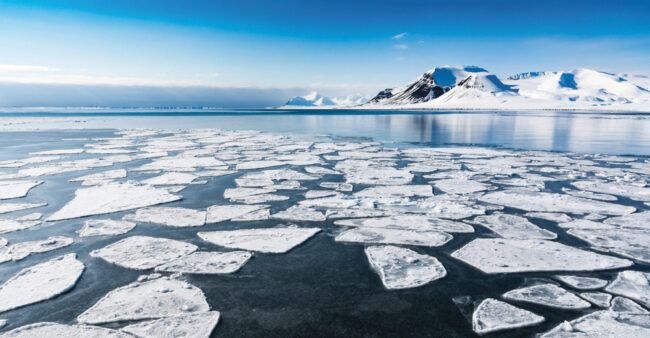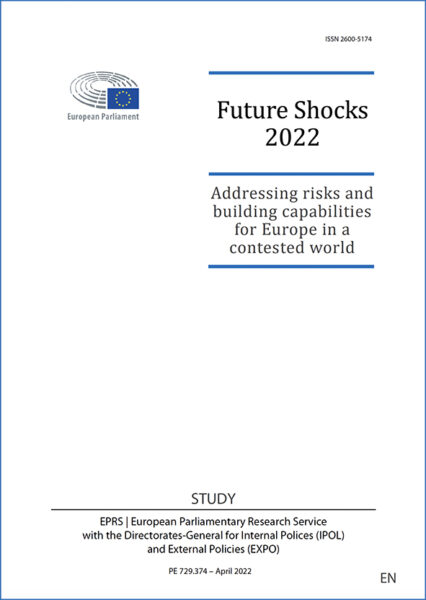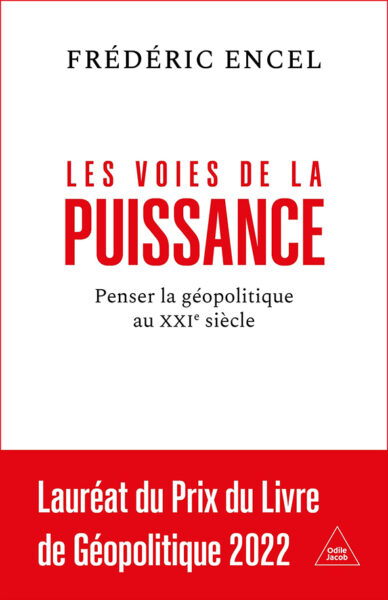Continuing our series on the sea and oceans, this article by Hervé Baudu and Frédéric Moncany de Saint-Aignan focuses on a region that has grown substantially in interest as a result of the observed — and predicted — effects of climate change. We are speaking of the Arctic, the region at our planet’s North Pole. Primarily concerned are the five countries bordering the Arctic Ocean: Canada, Denmark, Norway, Russia and the USA, but many other states have been casting an envious eye on the Arctic since the melting of its ice freed up new shipping routes for longer periods of the year. If we add in the mineral reserves present in the region (oil and gas in particular), it is sometimes argued that conditions are ripe for new tensions between the powers concerned.
As this article shows, climate change has certainly altered the state of play in the Arctic, opening up new strategic and commercial opportunities. Russia is undoubtedly strengthening its military capabilities there and China, though more distant, is definitely taking a great interest in the region, prompting concern in the USA. On the other hand, international law and the governance tools put in place between the countries concerned have so far proved robust. Will this continue to be true in the future?




